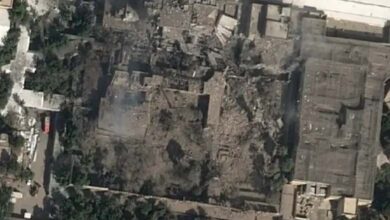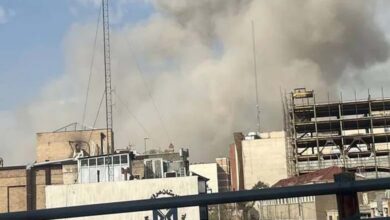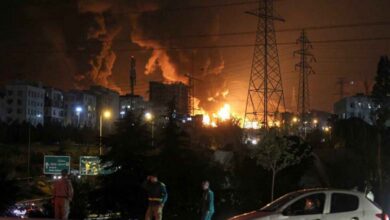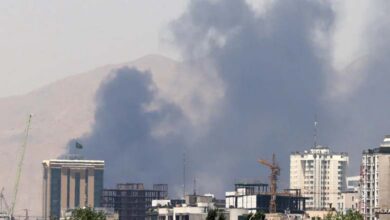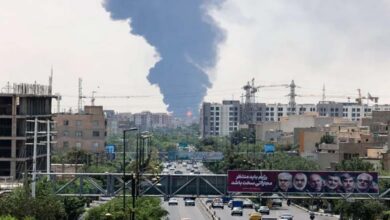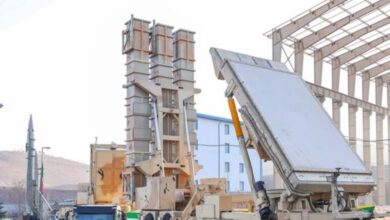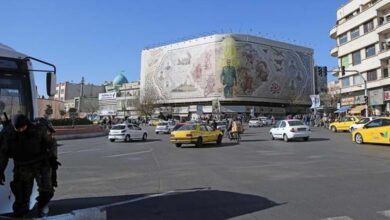A bitter reality.. Iran’s netizens and protest censorship rules
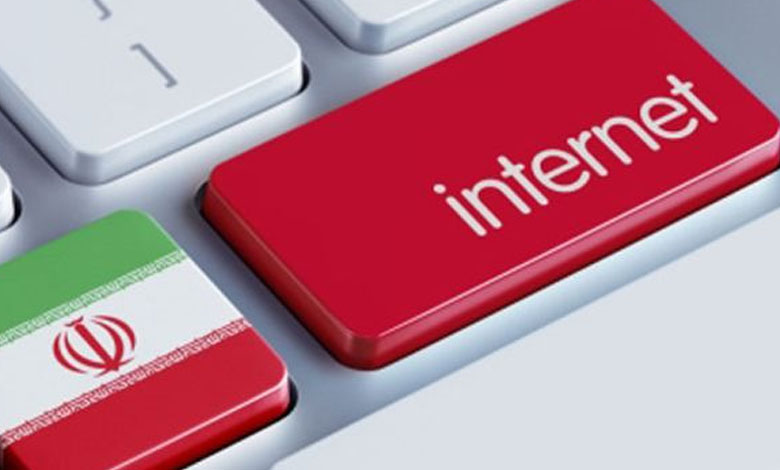
Internet filtering in Iran is the mullahs’ way of curbing the country’s years-long protest movement and the growing number of protests during this period, which relies on social media to document repression, violations and opposition against the Iranian regime.
The regime is shutting down and blocking internet access in areas where protests calling for the regime’s downfall have grown in intensity and reach, with Iran denying access to many of the platforms on which Iranians rely.
Protest instrument
Since Iran’s protests began on September 16, after the death of Iranian Kurdish girl Mahsa Amini by morality police three days after she was arrested for violating Iran’s compulsory dress code, Iran’s regime has relied on an internet blackout despite harming the country, to suppress the protests.
Anti-regime protests have spread to cyberspace, videos have surfaced of women burning their veils and other women posting videos in which they have cut their hair in protest against Iran’s mandatory law in the country.
Iran’s internet blackout
A report in its Persian edition, the Iran International reports that the Iranian regime is frustrated with how the country’s internet is being blocked to resume protests, as many Iranians are looking to access the internet with clever tricks and the mullahs are seeking to block the internet through the global internet.
The system gave Meta Platforms, the owner of WhatsApp Messenger and Instagram, 10 days to set up offices in the country if they wanted to unblock its applications, stating that the move was intended to control its activities, a request the company refused.
Instagram, the only major international platform still accessible and widely used by Iranians to post videos of their protests, is one of the main obstacles to the parliament’s plan to shut down all foreign social media.
The report indicated that many believe that the regime wanted an excuse to permanently block media platforms because it appears unable to stop the flow of information about the protests, both inside the country and to the outside world.
Hassan Firouzabadi, head of the National Center for Cyberspace, said, “If he does not respond dead to our message, this could be a prelude to permanent blocking.”
A bitter reality… and secret relations with government departments
Iranian citizens’ experience in accessing the Internet has increased with other tricks following the tightening of restrictions on the Internet. However, they have come into conflict with a bitter reality. Vendors of Internet-blocking apps (VPNs), a large portion of whom have overt and covert relationships with government departments, have increased their subscription fees several times over the past three months.
Although many people still have access to the internet despite the blockage, many also have been denied access to the internet and are on limited income in the country. The issue has prevented many users who were online from online vendors themselves, from purchasing a subscription.
This has made it difficult for Iranian families to pay up to 100,000 Iranian Tomans (about $24) per month to use circumvention apps and pay for internet cards.


